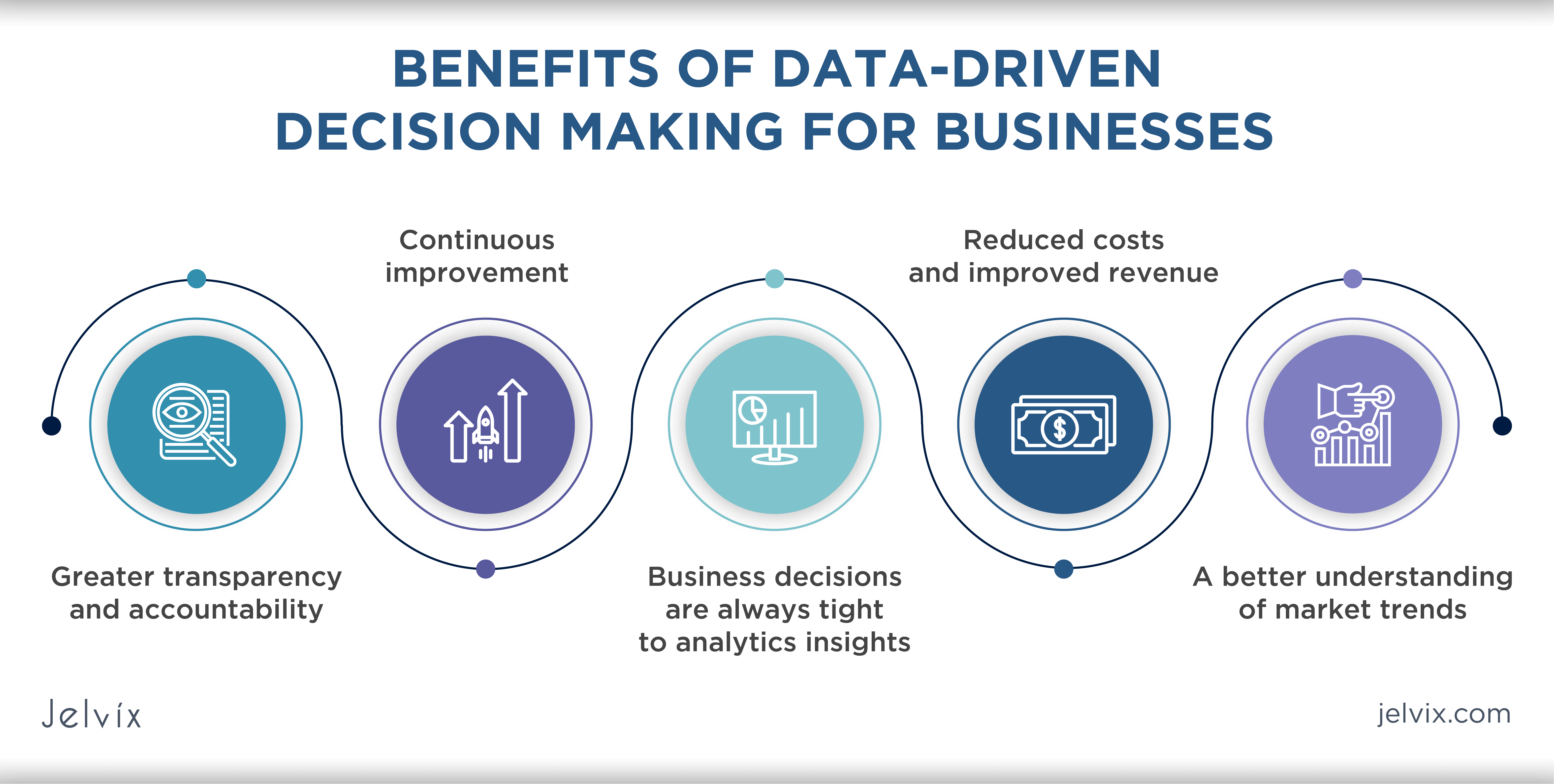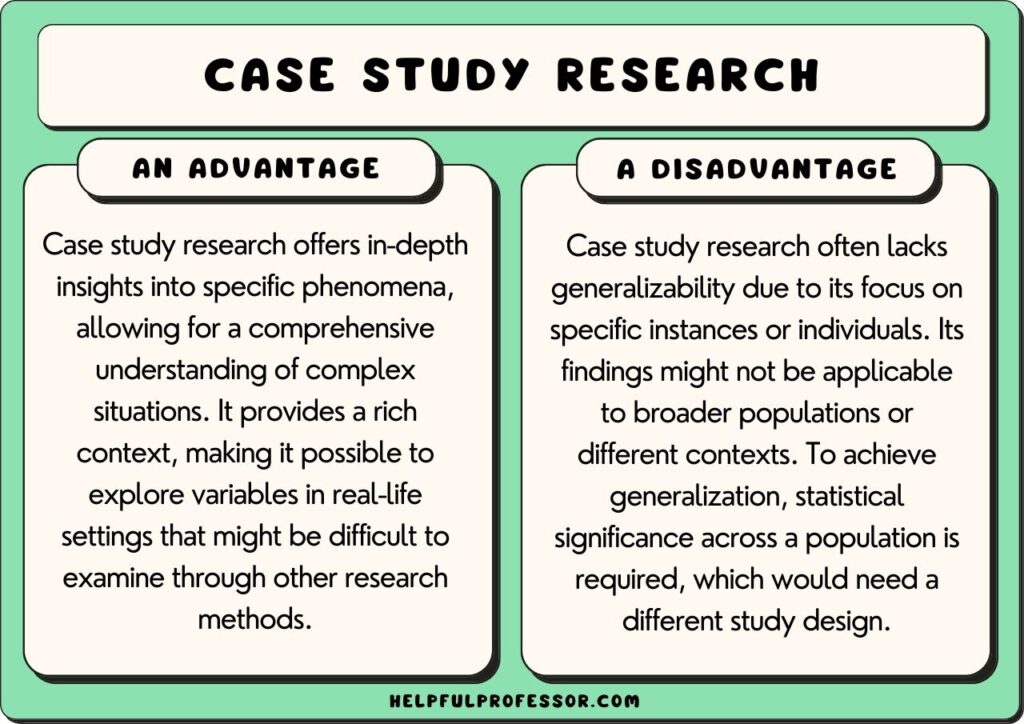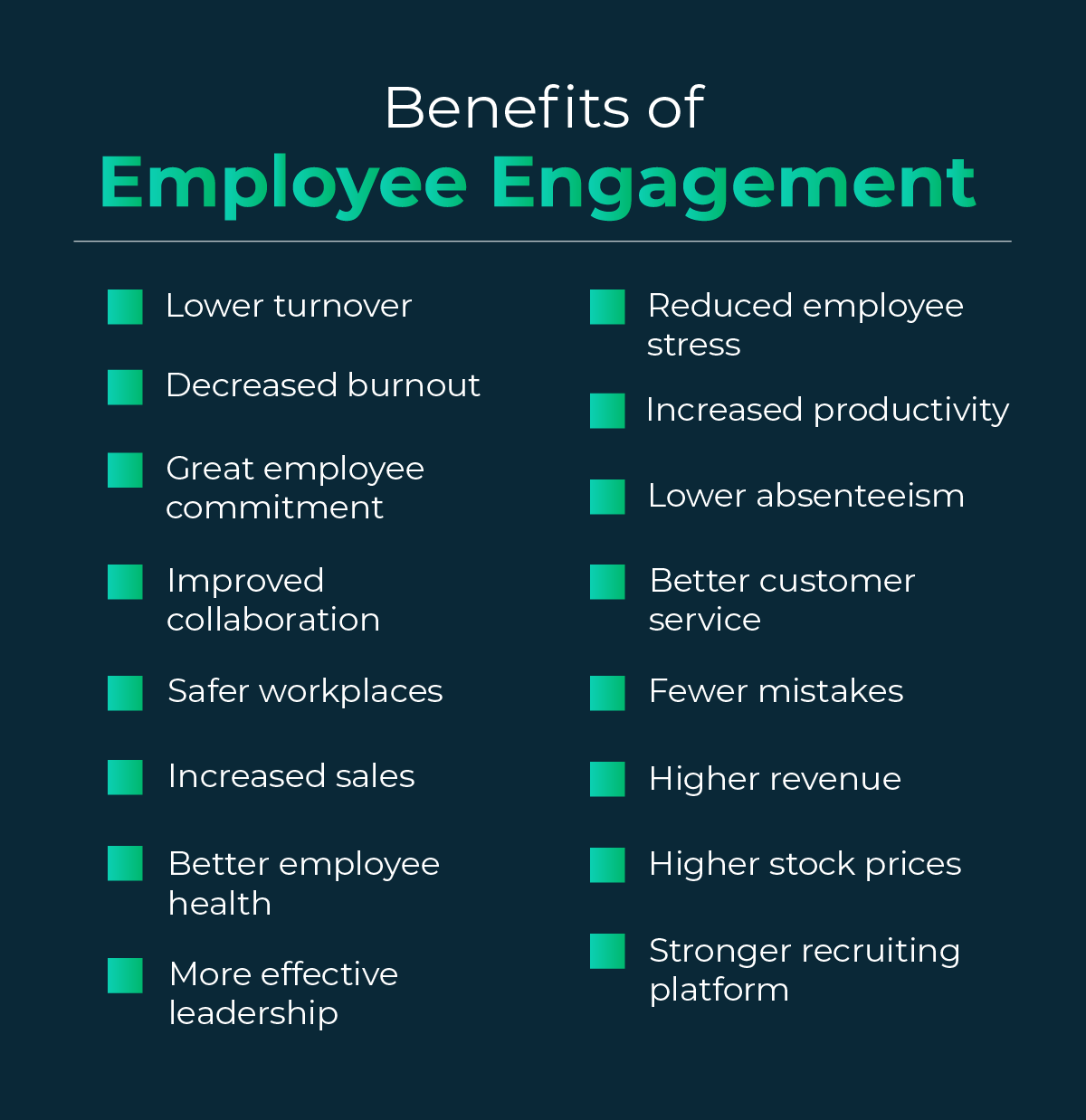French "Woke" Policies Under Fire: A Tech Billionaire's Data-Driven Challenge

Table of Contents
H2: Specific "Woke" Policies Targeted
The debate centers around several key policy areas often categorized under the "woke" umbrella. These policies aim to address historical injustices and promote greater equality, but have sparked significant controversy.
H3: Affirmative Action and Diversity Initiatives
France, traditionally resistant to explicit affirmative action, has seen the gradual implementation of diversity initiatives across various sectors. However, these policies often fall short of the robust quota systems seen in some other countries.
- Examples: Some universities have implemented targeted outreach programs for underrepresented groups. Certain companies have set internal diversity goals, though enforcement varies.
- Arguments For: Proponents argue these initiatives are necessary to correct historical imbalances and create a more representative society, combating systemic discrimination in French society. They point to persistent disparities in access to education and employment opportunities for certain groups.
- Arguments Against: Critics argue that such policies constitute reverse discrimination, potentially overlooking meritocracy and leading to resentment. They raise concerns about the potential for tokenism and the difficulty in accurately measuring and addressing systemic inequalities. Keywords: French affirmative action, diversity quotas, gender equality policies, inclusion programs, discrimination debate.
H3: Changes to History Curricula and Public Monuments
Recent years have witnessed a reassessment of France's colonial past and its representation in public spaces and educational settings. This has led to debates about decolonizing the curriculum and removing or altering monuments associated with controversial historical figures.
- Examples: Changes to school textbooks to incorporate a more nuanced perspective on colonialism and the transatlantic slave trade. The removal of statues of figures linked to slavery or colonialism from public squares.
- Historical Context: These changes are part of a broader global reckoning with colonial legacies and the desire to create a more inclusive and accurate historical narrative.
- Controversy: Critics argue that altering or removing historical monuments constitutes historical revisionism and erases important aspects of French history. They fear a rewriting of the past to fit a particular political agenda, losing important aspects of French national identity. Keywords: French history curriculum, decolonization debate, public art controversy, historical revisionism, cultural heritage.
H3: Policies Addressing Systemic Discrimination
The French government has implemented various policies aimed at tackling systemic discrimination in areas like employment, housing, and policing. These initiatives often focus on data collection and targeted interventions to address disparities.
- Examples: Initiatives to promote equal opportunity in hiring practices, policies to address housing segregation, and reforms to police practices to improve relations with minority communities.
- Effectiveness and Drawbacks: The effectiveness of these policies is a subject of ongoing debate. While some show positive results, others face challenges in implementation and measurement. The lack of comprehensive, reliable data makes assessing true effectiveness difficult. Keywords: systemic discrimination, French social justice, police reform, housing inequality, employment equity.
H2: The Tech Billionaire's Data-Driven Counter-Narrative
A prominent tech billionaire has challenged the narrative surrounding these "woke" policies by using data analysis to assess their effectiveness. This counter-narrative has significantly influenced the public debate.
H3: Methodology and Data Sources
The billionaire's approach relies on large-scale data analysis, drawing on various sources including government statistics, census data, and potentially social media analytics.
- Data Sets and Techniques: The specific data sets and analytical techniques employed remain partially undisclosed, fueling some criticism. The use of big data and statistical modeling is central to the approach.
- Potential Biases and Limitations: Critics point to the potential for biases in data collection and interpretation. The selection of data sets and the analytical methods used could skew results and lead to inaccurate conclusions. Keywords: data analysis, statistical modeling, big data, quantitative research, methodological limitations.
H3: Key Findings and Criticisms
The billionaire's analysis reportedly indicates that some "woke" policies have had limited impact or even unintended negative consequences. This challenge to the prevailing narrative has intensified the public debate.
- Key Findings (reported): The billionaire’s findings are not universally accepted. Alleged findings challenge the effectiveness of affirmative action programs and highlight persistent social inequalities despite policy interventions.
- Counterarguments: Supporters of the policies argue that the billionaire's analysis is overly simplistic and ignores the complex social factors at play. They point to the limitations of relying solely on quantitative data to assess the impact of social justice initiatives. Keywords: policy effectiveness, data interpretation, public opinion, political polarization, evidence-based policy.
H2: The Public Debate and its Implications
The billionaire's data-driven challenge has significantly impacted public discourse on French "woke" policies, leading to heightened political polarization.
- Public Reaction: The public reaction is divided, with strong opinions on both sides of the debate. Traditional media and social media platforms have amplified both support and criticism of the policies and the data analysis itself.
- Media Coverage and Social Media: Media coverage has been extensive, often reflecting pre-existing political alignments. Social media has played a crucial role in shaping and disseminating opinions, often exacerbating polarization. Keywords: public opinion, media bias, social media influence, political consequences, policy reform.
3. Conclusion:
This article explored the controversies surrounding recent French "woke" policies, focusing on a tech billionaire's data-driven challenge. The debate highlights the complexities of implementing social justice policies and the importance of rigorous data analysis in informing policy decisions. The ongoing public discussion underscores the need for evidence-based policymaking and transparent debate. The use of data in shaping public discourse surrounding French "woke" policies is undeniably significant, and raises vital questions about the role of evidence, methodology, and interpretation in shaping policy.
Call to Action: Further research and analysis are crucial to understanding the long-term effects of these policies. Continued engagement with the debate surrounding French "woke" policies is essential for building a more informed and inclusive society. Stay informed about the evolving discussion on French "woke" policies and their impact.

Featured Posts
-
 Rave Events And Their Economic Benefits A Case Study
May 19, 2025
Rave Events And Their Economic Benefits A Case Study
May 19, 2025 -
 Alfonso Arus En Arusero A Favor O En Contra De Melody Para Eurovision 2025
May 19, 2025
Alfonso Arus En Arusero A Favor O En Contra De Melody Para Eurovision 2025
May 19, 2025 -
 Anazitontas Ton Tafo Toy Lazaroy Istoria Kai T Hryloi Sta Ierosolyma
May 19, 2025
Anazitontas Ton Tafo Toy Lazaroy Istoria Kai T Hryloi Sta Ierosolyma
May 19, 2025 -
 Alfonso Arus Critica Duramente A Melody En Arusero Tras Su Eleccion Para Eurovision 2025
May 19, 2025
Alfonso Arus Critica Duramente A Melody En Arusero Tras Su Eleccion Para Eurovision 2025
May 19, 2025 -
 Understanding The Value Of Middle Managers Benefits For Companies And Their Staff
May 19, 2025
Understanding The Value Of Middle Managers Benefits For Companies And Their Staff
May 19, 2025
